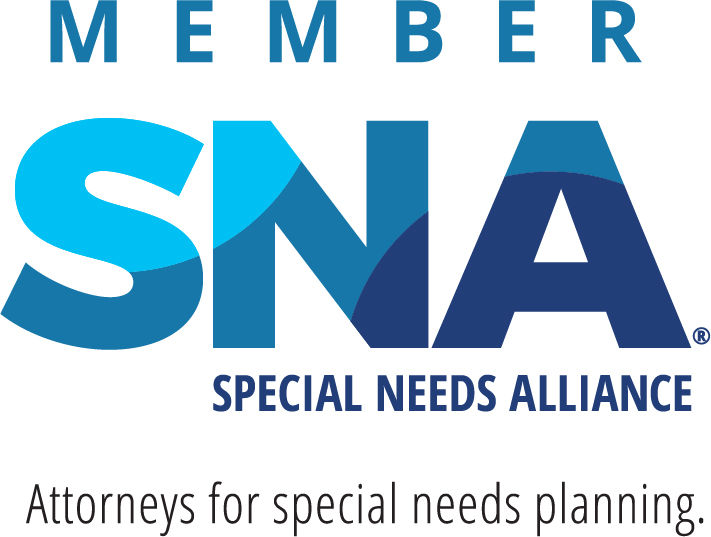Estate Tax Protection and Planning
Excessive Taxation Is Not A Foregone Conclusion
Uncle Sam’s Cut
You work your entire life to save and have enough money to comfortably retire – and ideally leave something for your loved ones when you pass away.
During your life you pay all kinds of taxes: income taxes, property taxes, sales taxes, and so on. And at the end, the government still wants to tax you on the assets you have left at your death.
This is known as the estate tax, sometimes called the “inheritance tax” or “death tax.”
The best way to protect your assets and your family’s future from excessive taxation is to hire an attorney who specializes in estate tax planning. We can help you reduce – if not entirely avoid – the federal estate tax burden.
How Does the Estate Tax Work?
Estate tax is totally separate from federal income tax, property tax, sales tax, and every other type of tax you’ve paid during your lifetime.
Estate tax is a tax paid on the net value of all your assets owned at your death.
However, there are fairly sizable exemptions to the estate tax so it is primarily a high net-worth individual or family who is affected.
This said, the estate tax rate is a whopping 40% on your net estate, so if you do have an estate tax problem, we are talking about potentially massive sums of money your estate will owe to the government before a single heir would enjoy a single penny.
Thank You

Thanks for your interest. I know you have a lot of options when it comes to legal planning. Pickel Law has been the trusted partner of New Mexico and Montana residents. I look forward to meeting with you. Schedule today!
Is The Estate Tax Really Your Problem?
As of 2024, the estate tax exemption for individuals is $13.61 million, and the estate tax exemption for married couples is $27.22 million. Under 1% of estates are affected.
But for those who are affected, there are numerous estate planning strategies available that can greatly reduce the amount owed. We can advise you on the best options for your family.
Advanced Estate Planning Strategies
Families with high-value estates face several complex legal and tax issues – estate tax is only one of them.
We offer a number of advanced estate planning strategies that are aimed primarily at reducing a family’s tax burden. In addition to minimizing or eliminating the estate tax liability, we also help you leverage the advantages of gift tax and generation-skipping tax to pass assets on for successive generations without risk of a tax liability decimating your estate at each generation.
Some of our most popular advanced estate planning tools and strategies include:
Protecting Your Estate During Your Life And After You Are Gone
You have worked hard to build your family’s wealth and legacy, so it makes sense to put similar effort into protecting those assets after you are gone.
This includes protecting your assets against excessive taxes.
At your Family Wealth Planning Session, we can go into detail about how you can minimize the potential tax burden faced by your family so that you can maximize the inheritance you pass on to your loved ones.
Special Needs Freedom Guide
Discover how to take charge of your child's future and build a fortress of protection that will last a lifetime.






Menu
Contact Us
Pickel Law
New Mexico
4801 Lang Avenue NE, Suite 110
Albuquerque, NM 87109
505-798-2515
1424 E, Lohman Ave
Las Cruces, NM 88001
Montana
728 S. Main St.
Kalispell, MT 59901
Copyright © 2024 Pickel Law All Rights Reserved | Privacy Policy | Cookie Policy
DISCLAIMER: No information you obtain from this website or its content is legal advice, nor is it intended to be. You should consult an attorney for individualized advice regarding your own situation. No attorney-client relationship is intended or formed by your viewing this website or downloading and using the content, forms, tips or information kits found on this website. No attorney-client relationship is intended or formed without a fully-executed, written agreement to enter into such a relationship. Client testimonials or endorsements do not constitute a guarantee, warranty, or prediction regarding the outcome of your legal matter.
